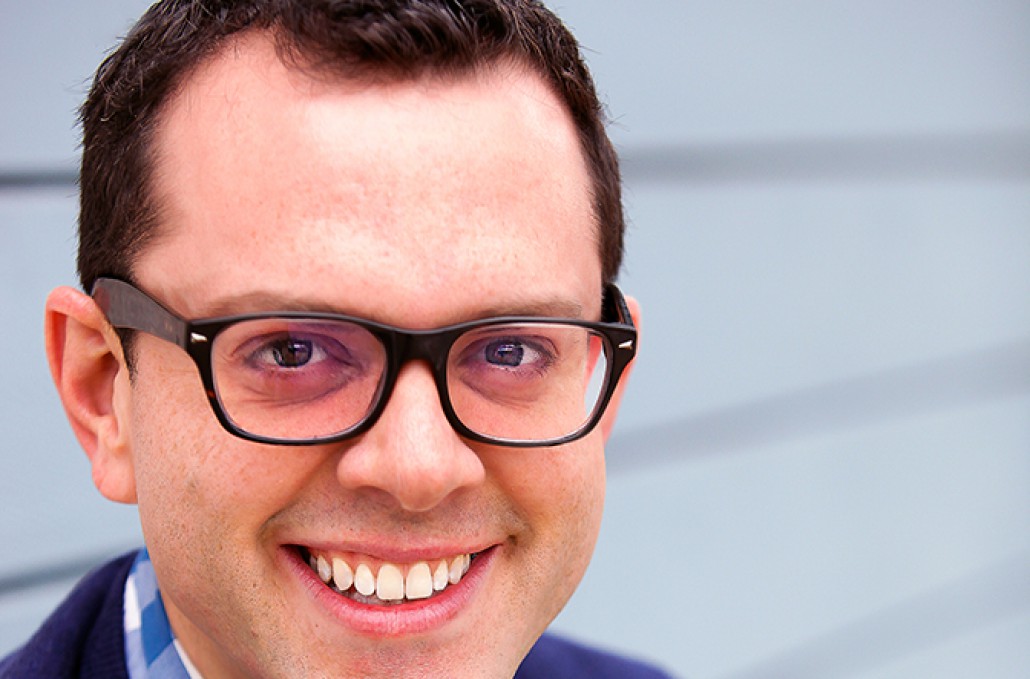One of the first things they teach you at UCB is Support is Huge. Many times, it’s more important to offer strong support in an improv scene that helps justify or ground what the scene’s about. If the scene started as a farm that needed a cow and you stepped out as a cow, you made a great support move. In fact, the teachers often give highest praise to the great support moves. When I first learned it, I didn’t realize how supporting the thing that’s already going on is so important. But, if you have the time and ability to support your fellow artists, you absolutely should.
You know when that person in an Industry Intensive, an Acting Class or a Networking Event hands you a postcard for their showcase, short film or Improv 401 show? You should seriously consider going. In the absolute worst case scenario, the show is going to be a turkey. The good news is that it won’t last forever. In the best case scenario, you’ll be entertained, inspired and quite possibly connected to new people.
Karma
There’s something to be said for the person who comes out to support friends and colleagues. If you believe that what goes around and comes around, than the worst thing that can happen is someone will be inclined to come out to support you when you’re the one onstage. That audience will have one more supportive face.
Education
My Dad always said, “You never stop learning.” In this case there’s so much to learn. If it’s a good show, you can learn what you can do to improve your own work. If not such a good show, you can take notes on what not to do. If it’s a new theater company, you can be on the lookout for their next round of auditions. If you like the space, you can keep it in your mental rolodex of possible spaces to rent. Did you like the writing? Check out what other stuff the author has written. These are just a few examples. I’m sure you’ll learn much more than that.
Networking
That person you’re supporting is going to see you in a new light. Today, we’re not just actors. We can’t afford to be just one thing. We’re directors, writers, producers and so on. That friend from class might just be working on something that you can collaborate on but, you won’t know if you don’t go. Also, you don’t know who else you’re going to meet. You probably won’t meet anyone new at home.
Here are some other great examples of support:
Someone is in or made a short film (or both)? Go and show up for it at a film festival. Tweet to your followers about it. Use the festival hashtag. Say hi to your friends and introduce yourself to filmmakers whose work you admire. Get connected. Get inspired. Maybe it’ll be you next year.
What about online content? I’m glad you asked. If your friend is making a webseries, volunteer to help. If the sketch videos are already made, like them on YouTube, Tweet about them and post some nice remarks on Facebook. If they’re in the middle of their Kickstarter/Indie Go-Go campaign, give them $15. If you can’t afford that, offer your services and promote their fundraising for them.
Someone’s in Blue Bloods, tonight? Let your friend and your network know where they can support a great working local actor (instead of ‘Reality TV’). There. I said it.
Can’t make a show? Support your friends by posting about their shows all over social media. It literally costs you nothing.
Because here’s the thing; as an actor, you want people to care about you so they watch you and invest in you. I totally get it. But, here’s the bigger thing; people care about people who care about them. You have to start by giving support. But, let me add this: don’t approach this like a transaction. Give your support freely. Remember, this business is really about what you can give, not what you came to take. Come with your arms open, not your hand out. You’ll be surprised how great it can be.


